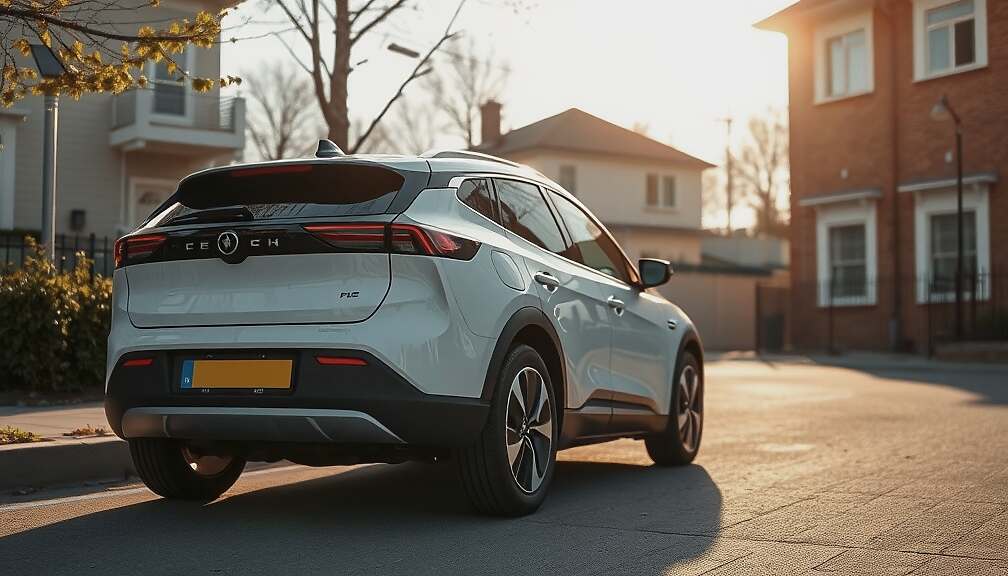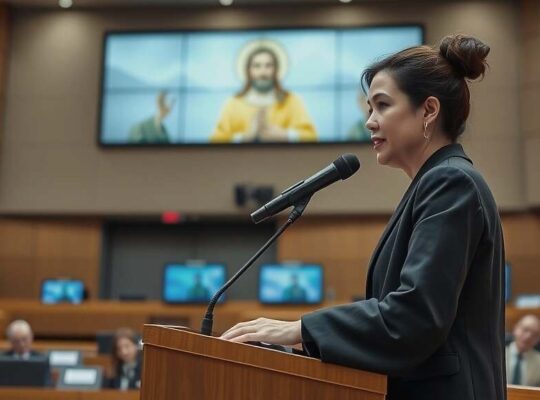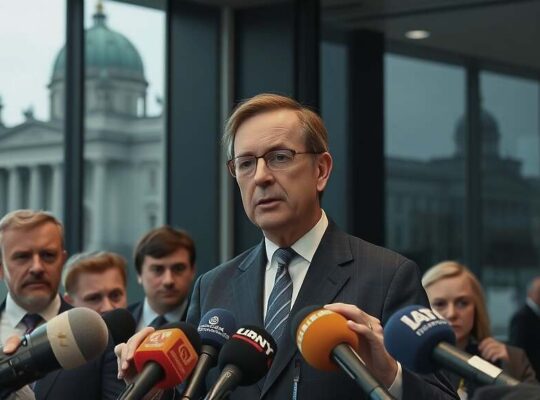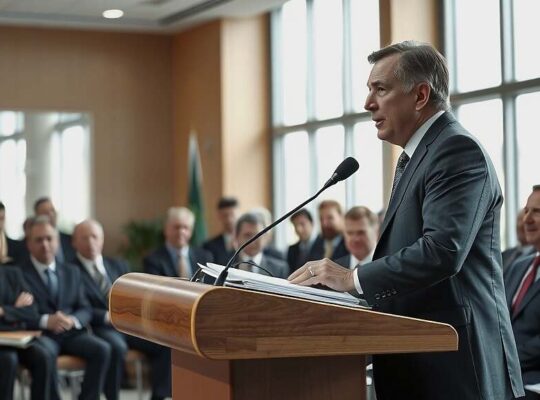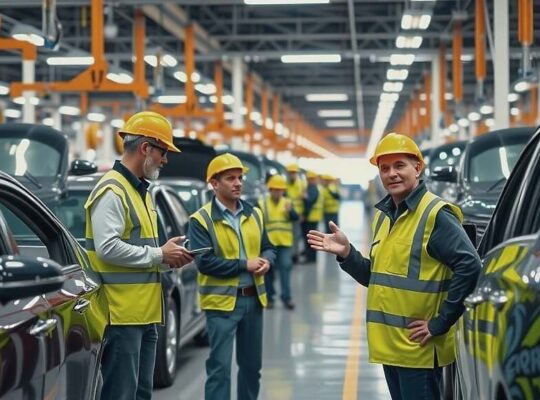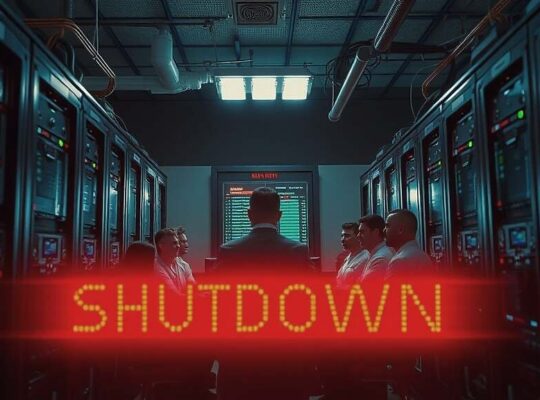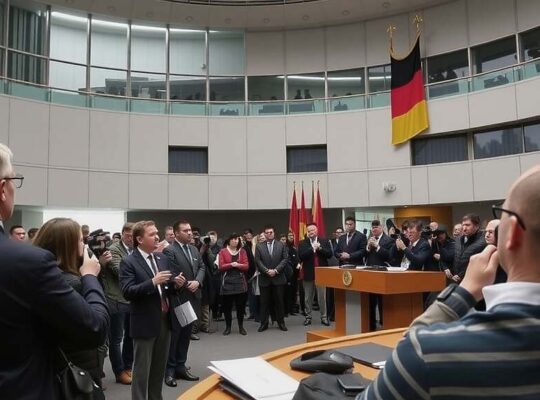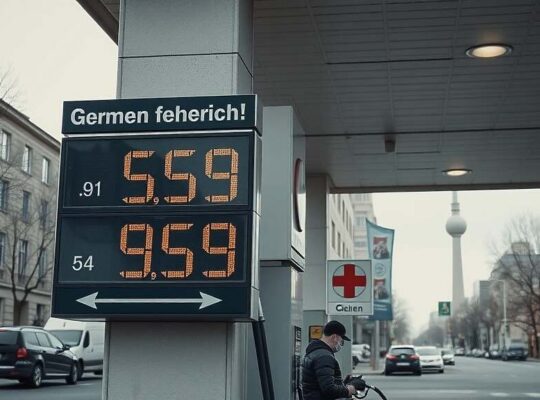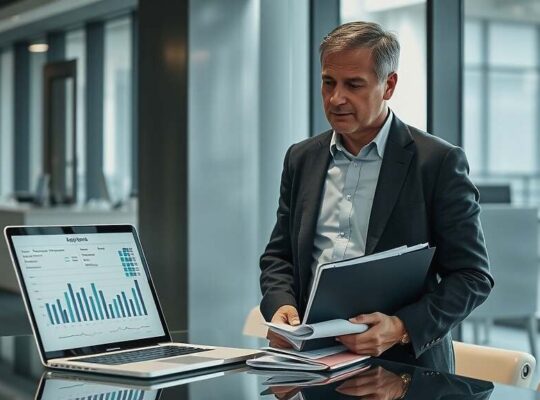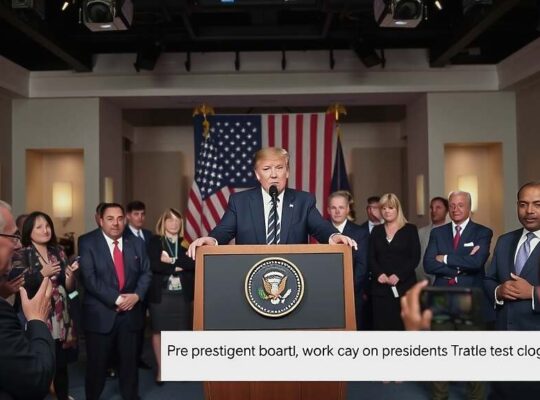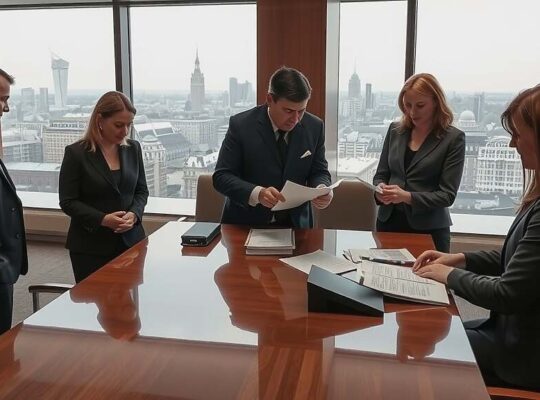A potentially transformative shift in Germany’s energy landscape is gaining traction, fueled by the untapped potential of electric vehicle (EV) batteries acting as grid storage solutions. Former Volkswagen CEO Herbert Diess has heralded a “breakthrough” in this regard, suggesting that the approximately two million EVs currently on German roads possess the capacity to absorb surplus solar energy during peak production and release it during periods of high demand, effectively mitigating the reliance on fossil fuel alternatives.
Diess’s assertion, made in an interview with “Der Spiegel”, highlights a pathway towards a fully renewable energy supply that bypasses the need for costly grid expansions and the construction of new natural gas power plants. The financial benefits for EV owners are also significant, with initial experiences in France demonstrating the potential for near-elimination of electricity costs associated with vehicle charging.
However, progress in Germany has been hampered by regulatory barriers, specifically the requirement for grid fees to be paid each time electricity flows into or out of a vehicle’s battery. While the Bundestag recently approved a resolution to abolish this impediment starting in 2026, Diess’s critique extends beyond this specific regulation. He strongly advocates for broader reform of Germany’s fragmented grid operation, sharply contrasting the efficiency of the centralized French national system with the complexities of Germany’s 866 local, often privately-held, monopolies, which he described as “terrible” and “Stone Age.
Beyond the technical and regulatory hurdles, Diess’s commentary subtly addresses a broader political debate surrounding the phasing out of internal combustion engines within the European Union. He dismissed the current German anxieties and resistance to this transition as “a very German inclination to quarrel” asserting that the momentum undeniably favors electric vehicles. However, he also cautioned against a myopic focus on the challenges of the phase-out, emphasizing the need for greater support and recognition of the businesses and individuals driving the electric mobility revolution – a perspective that positions him at odds with segments of German industry and political circles that remain hesitant toward rapid decarbonization.
Having previously championed electric mobility as CEO of Volkswagen and now holding influential positions in the tech and energy sectors – chairing Infineon’s supervisory board and serving on the advisory board of The Mobility House, a company partnering with Renault and Mercedes-Benz on bidirectional charging solutions – Diess’s perspective carries considerable weight, signaling a growing consensus that the future of Germany’s electricity grid may well be powered, in part, by its fleet of electric vehicles.


